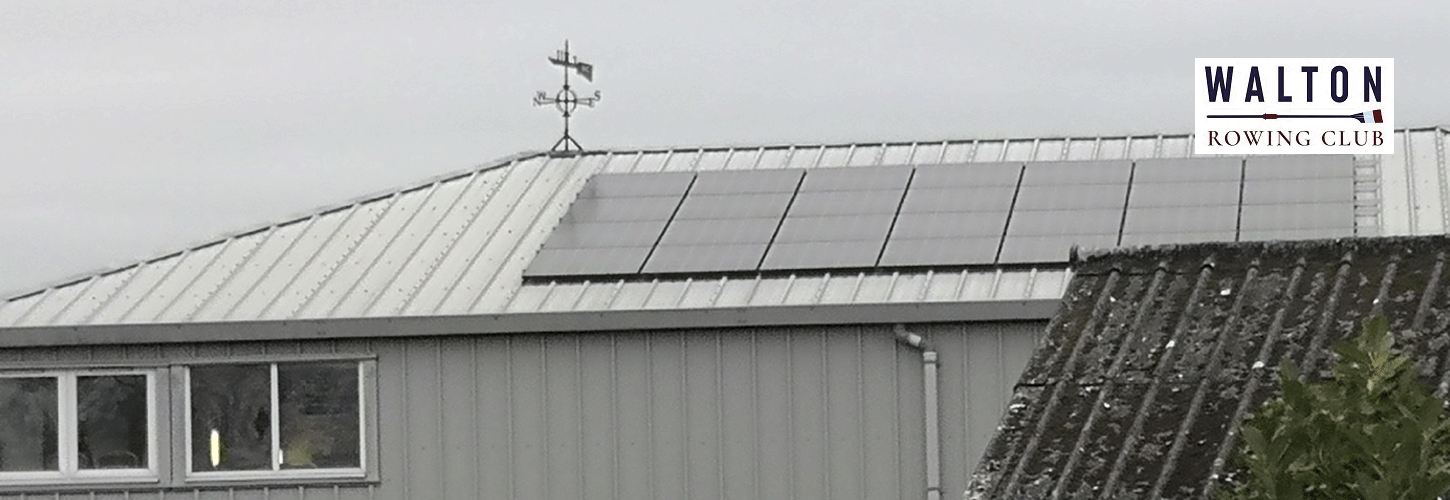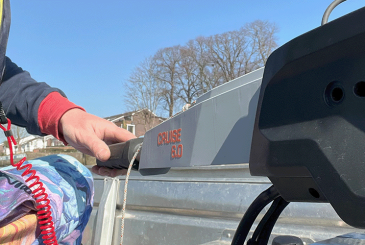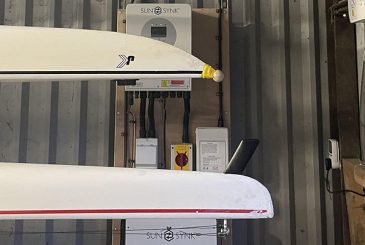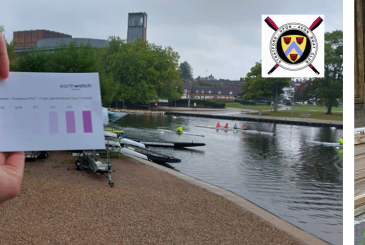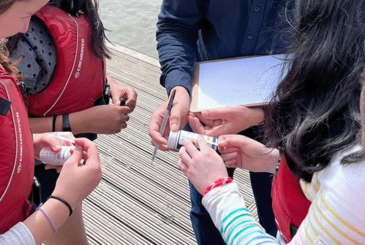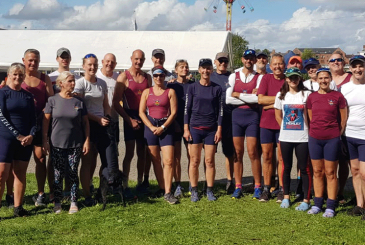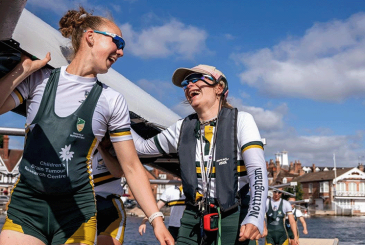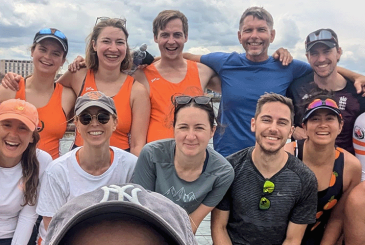As Walton RC is actively aware of its need to provide a sustainable rowing environment, the club appointed a Sustainability Officer to focus on the Club’s environmental impact and encourage sustainable practice, aligned with key objectives in British Rowing’s Environmental Sustainability Strategy. Their actions gained them a Commendation in the Environmental Sustainability category of the 2024 British Rowing Awards.
Help our waters thrive
The club found that a lack of reliable and consistent information about the concentrations of bacteria in rivers. Other river health programmes focus on nutrient levels, pollution, invasive species, but bacteria levels are rarely measured and published. The local river authoruty, the Environment Agency (EA), states that regular testing of non-bathing waters is outside its mandate.
Therefore Walton:
- Works with local Sea Scouts on a bacteria monitoring programme
- Commenced testing in April 2024, with water sampled weekly
- Tests according to EA-approved standards for non-bathing river waters
- Ensures dataset continuity by undertaking testing and submitting results throughout the year
- Publishes results from multiple sites on the Thames Watch website, which:
- Shares information with clubs so they can make their own decisions around risk management.
- Records incidences of stomach and skin problems that may be traced to river water contact
- Builds the dataset with a consistent time series correlated with rainfall, flowrates and known water company overspills to ascertain the causes of bacterial contamination, with a view in the longer term to reducing those causes.
The club has found that although bacteria levels are usually within acceptable limits but there are frequent departures from these, and concentrations of 20 times the acceptable level have been detected.
The stretch of the Thames where Walton rows is blighted by a number of illegally-moored boats used as dwellings. While it is difficult to assess casual discharges from moored boats, testing is carried out simultaneously above and below these boats so that results can be used by the EA and local councils’ enforcement programmes. The results also inform local risk management and provide evidence for those lobbying the EA, water companies and local/central Governments for action on removing these boats.
Reduce our carbon footprint
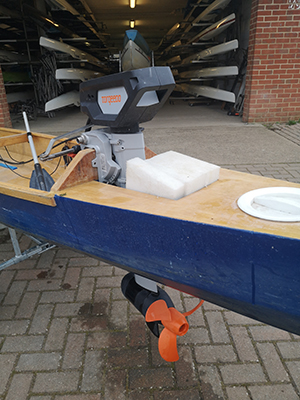
Walton RC has decarbonised its energy usage, heating and hot water systems through a range of initiatives:
- Photovoltaic (PV) panels mounted on the clubhouse roof linked to storage batteries have reduced the electricity bill and decarbonsed electricity usage. The panels can generate 12 kW, batteries store 20 kWh.
- Excess electricity generation heats hot water for showers and the kitchen.
- Smart thermostats to control clubhouse heating.
- Motion sensors to turn off lights.
- An air source heat pump is being installed to eliinate gas usage.
- Coaching launches now use Torqueedo electric motors instead of petrol engines.
Embed sustainable practice into operations
The focus on sustainability has a significant influence on short and long term planning by the club committee.
One ‘quick win’ has seen reuse at its best; ‘vintage’ kit sales, of ‘pre-loved’ kit and washed ‘lost property’!
Learn, educate and facilitate
Awareness of sustainability issues has been is augmented by a presentation to club members on the impact of climate change.


